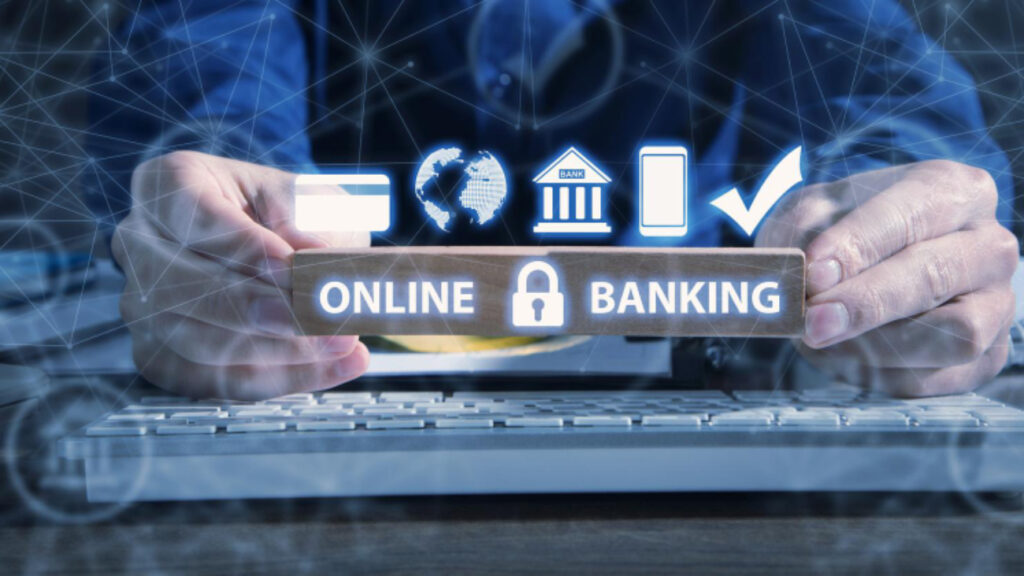The importance of digital payment transactions is growing as the global financial system moves farther and farther away from using cash. This translates to additional opportunities for providers of cybersecurity services. Banking and payment organizations are exploring newer, more potent security infrastructures and services to tackle fraudsters.
There are several more security measures besides using a VPN, the most popular technique used by individuals and organizations to lower the risk of cybercrime and secure data.
The following are a few tactics listed by Bahaa Abdul Hussein to take into account for robust digital finance:
Make use of a firewall.
A firewall is a security tool that stops unauthorized access from the outside by monitoring network traffic that comes and goes following a set of “perimeters.” They block communication between your computer and the malicious source.
Update operating systems and applications
One crucial defense against cyberattacks is keeping your software and applications updated. The computer system’s operation is compromised without these upgrades.
Make routine backups
Unreliable backup schedules are one of the security concerns that businesses often neglect. Backups are crucial for firms since losing any data might damage their reputation. Backing up data can be undertaken monthly, weekly, or daily based on the size of the company.
Training personnel
Employee training is crucial since it is the people that enforce these softwares, not only the apps and cloud computing, that may make a corporation threat-free. The ability of the employee to recognize and report cybersecurity dangers is crucial. It is vital to spread knowledge of the various guises that cybersecurity threats might assume.
Managing user permissions
Programs with role-based access controls can be used to regulate user permissions. It ensures that employees only have limited access to the data required to do their duties. Successful user rights management may lower “internal threats,” boost employee output and cut costs overall.
Use Special Passwords and Modify Them Regularly
The likelihood of penetration can be reduced by using random passwords and routine password updates.
Create and implement policies for mobile access.
Businesses may enable employees by giving them access to company files, installing apps on their smartphones, and safeguarding critical data by limiting access based on job assignments through mobile access policies. Enrolment policies can verify that a device complies with the procedure, meets the baseline OS requirements, and has a specified number of enrollable devices. Data leakage security limits mobile device features like cutting, copying, and pasting to stop information from leaving the office. To ensure that information is kept safe, strictly adhere to these standards at all times.
Although conducting business online has brought us a significant amount of convenience, best practices must be used to protect digital companies due to the frequency of cybercrime. Thank you for your interest in Bahaa Abdul Hussein blogs. For more information, please stay tuned to www.bahaaabdulhussein.com





